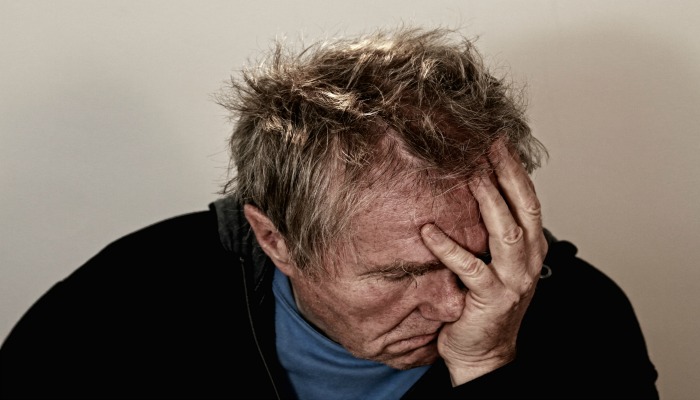
Lets talk about mental illness.
Take a look at these statistics complied by healthline.com.
These numbers are staggering. Monumental. You’d think that people would be talking about this epidemic that has affected more people than the Black Death ever did. You’d think that scientists worldwide would be searching for a cure. Newspapers would be reporting the increasing numbers. Social figures would address it whenever they grace the television screen.
But no one has really said anything. And depression is just the beginning.
Mental illnesses like depression, anxiety, bipolar disorder, schizophrenia, and countless others affect a majority of the population. Odds are you know someone who takes medication or seeks counseling for any of these illnesses. Maybe you are fighting one yourself. It’s as common as McDonalds on the corner, but no one seems to be able to talk about it.
Confessions of “I have depression,” or “I was diagnosed with bipolar disorder,” are saved for late night conversations between trusted individuals. We hide our struggles from our friends and even family. We take comfort in the occasional Facebook post, comment on someone who has gathered the courage to go online and share their story, but otherwise there is a taboo on mental illness.
Take the late Carrie Fisher. She suffered from bipolar disorder, and publicly spoke about her struggles and how drugs helped normalize her moods. Fun fact: she named her mood swings Roy, a “wild ride of a mood,” and Pam, “who stands on the shore and sobs.” When she died in late 2016, the internet exploded with memorials for her, and many specifically remembered how she spoke out so plainly about mental illness.
But now, in the early months of 2017, there is nothing. Mental illness is once again a silent battle.
Think of the support people suffering with anxiety could feel if thousands and millions of people could speak freely about the ways they cope, where the danger zones are. Think of the people with bipolar given access to medicine to normalize their moods when they first start to jump, instead of when they’ve been out of control for a long time. Think of the people who are feeling alone in the world, who just want someone to talk to who understands what they are going through.
Of course mental illness is a personal struggle, but why do we make each other go through it alone?
There is a support group called society, if only we could see that mental illness is something normal. If you could say “I have bipolar disorder,” and get the same response as when you say “I have appendicitis,” (Hint: people asking what they can do to make you feel better and scheduling a trip to the doctor), the world would definitely be a better place.
We have the opportunity to help and love each other more. We have the opportunity to lift and to save. We have the opportunity to speak out, and to make a change. We can be a society that supports those who need it.
Of course, you can find local and national support groups online or through schools and universities. I’ll include a list of resources at the end as well. But it will take more than these wonderful groups to help get rid of the stigma of mental illness.
The Church of Jesus Christ of Latter-day Saints launched a new section to their website highlighting mental health and encouraging members and nonmembers to reach out in compassion and understanding and to take care of their own mental health. Talk about taking “applying it in your daily life,” as Mormons often say.
It’s when we create a culture of compassion and openness that we can make a difference in the numbers. When people feel like it’s okay to be mentally ill, that they won’t be judged or treated differently for it, then they can find the help that they so desperately need.
Maybe some lives would be saved too.






